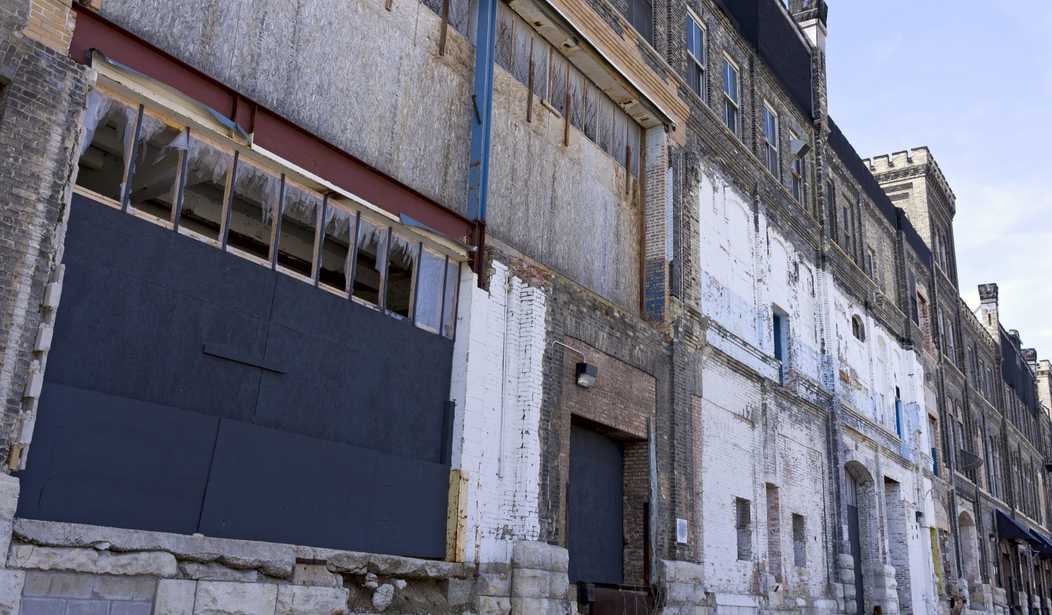In 1676, Nathaniel Bacon led a revolt of black and white indentured servants allied with poor freedmen of both races against the prevailing power structure. Bacon’s Rebellion was quickly squashed by the well-provisioned and heavily armed Virginia gentry. Realizing, however, that the existing social fabric that benefited the wealthy would continue to be threatened unless something changed, the plantation owners devised a plan known as the “racial bribe.”
In order to stave off future alliances between poor whites and poor blacks, the plantation owners came up with a number of measures designed to create tension between the poor of both races. For starters, instead of acquiring English speaking blacks from the West Indies, the planters began getting the majority of their slaves from Africa. The language divide served to distance the poor whites from the black slaves. Among other new policies, slave patrols and militias were created to give poor whites a feeling of control over the slaves, and barriers were created to keep free labor from having to directly compete with slave labor. In The New Jim Crow, civil rights lawyer Michelle Alexander wrote, “poor whites suddenly had a direct, personal stake in the existence of a race-based system of slavery.”
As I read J. D. Vance’s new book, Hillbilly Elegy, my mind turned to Bacon’s Rebellion and the subsequent “racial bribe.” Like their slave owning forebears, the current progressive power structure has created an ingenious plan to foment tension and distrust between poor blacks and poor whites in 21st century America. There may not be a better way to retain power than to create an artificial divide between the subgroup that would benefit the most from a reversal in the power structure. One of the more efficient methods employed by today’s progressives is the rhetoric of white privilege.
In his memoir, Vance compellingly and painfully details one of the most tread upon subgroups in America – the white working class. Over the last couple of decades, the white working class has watched real income plummet, jobs disappear, and their communities and families ravaged by drug abuse that often accompanies unquenchable cynicism. By most metrics, the white working class is being decimated and faces a future characterized by continued struggle and defeat. And yet, they’re constantly being lectured about their white privilege.
There is a world of white privilege; I don’t deny that. But it’s a world that is also directly connected to class; it’s the world in which the myopic talking heads and opportunistic policy makers reside. And that world is far away from the crumbling factory towns of the rust belt, the depressed hamlets of Appalachia, and the drug-riddled and dying towns dotting rural America. For the people in those communities, their perspective knows no privilege. Almost worse, if the white working class shares their perspective in a plea for empathy, it’s deemed as invalid, if not racist, by those who do enjoy privilege.
While living dwindling paycheck to dwindling paycheck, praying that cars don’t break down or that prolonged illnesses don’t keep them from their low-paying, blue-collar jobs, the residents of the larger world of Hillbilly Elegy are taught to fear and resent their African-American counterparts by the progressive news media complex. As they watch their children drop out of school at alarming rates, the white working class receives condescending lectures about their privilege that comes from having been born with white skin. Uttering, “but, what about us and our struggles?” ignites charges of insensitivity, racism, and demands to “shut up, listen to the experience of others, and acknowledge that you can’t understand because you’re white.”
The denial of their experience while suffering liberal reproach breeds anger among a subgroup that is already scared and that believes, with cause, that larger society has willfully left them behind. Unfortunately, much of their anger is misdirected and finds poor minorities as its undeserving target. This is unfortunate because their poor brothers and sisters from different ethnic backgrounds are disadvantaged, too. However, liberals controlling the largest cultural soapboxes hammer home the phrase “white privilege” in order to drive a wedge between the disadvantaged of all races, helping no one but their own privileged selves.
The struggling miners of West Virginia, for example, aren’t served by being dismissed and called racists simply because they’re befuddled by the talk of their supposed white privilege. Like them, most of America’s working class, of any color, do not experience privilege. Recognizing that and seeking actual solutions that allow job creators to do what they do best is a step towards healing. Unfortunately, the leftist shell-game of race-baiting helps ensure that the poor of this country are too angrily distracted to realize that their pockets are being picked of any real opportunities and replaced with paltry and inefficient social programs. The slave owners of late 17th century Virginia would be proud of 21st century progressives and their reverse racial bribe.









Join the conversation as a VIP Member